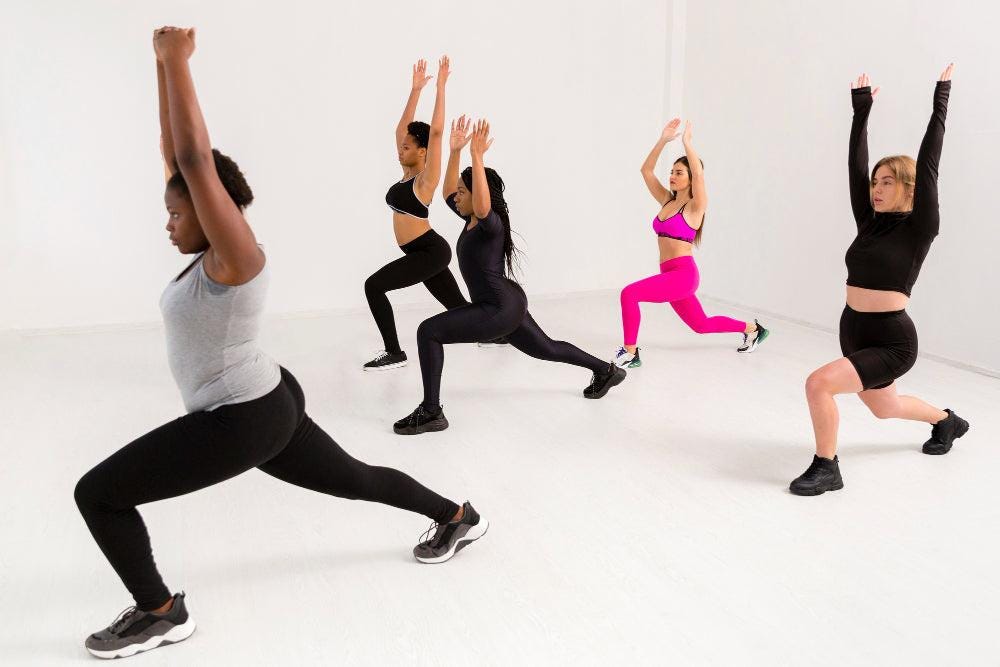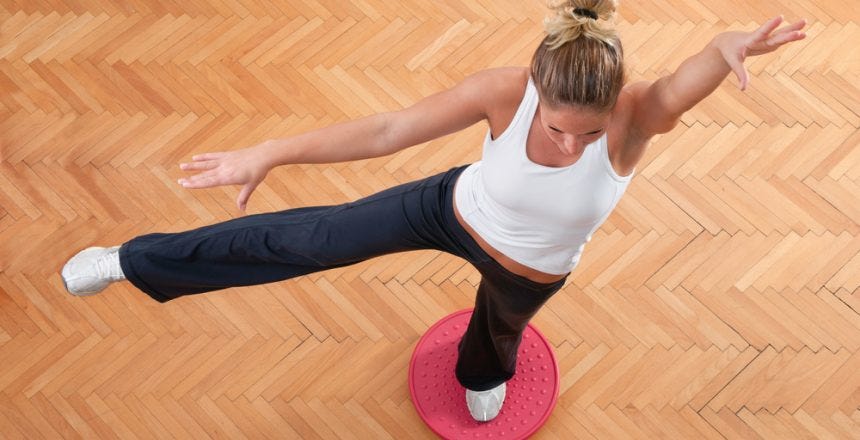Move to Think: How Exercise Builds a Smarter, Stronger Executive Brain
How movement boosts brain function, sharpens focus, and supports long-term cognitive growth.
In this issue:
The link between aerobic activity and new brain cell growth.
Why movement enhances memory, creativity, and mental stamina.
Executive-friendly fitness strategies for busy schedules.
Welcome to this week’s edition of Applied Neurogenesis! We often think of exercise as a tool for physical health, but did you know it’s also one of the most powerful ways to enhance brain function?
Regular movement doesn’t just keep your body fit—it stimulates neurogenesis, the process of creating new brain cells, leading to improved memory, faster decision-making, and greater mental resilience.
In this issue, we’ll explore how physical activity rewires your brain for peak performance and how you can integrate the right exercises into your daily routine.
1. Aerobic Exercise Fuels Neurogenesis
Cardio-based activities, such as running, swimming, and cycling, increase the production of brain-derived neurotrophic factor (BDNF)—a protein that encourages the growth of new neurons and strengthens existing ones. This leads to sharper memory and better learning capacity.
Quick Tip: Aim for at least 150 minutes of moderate-intensity cardio per week to maximize neurogenesis.
2. Strength Training Improves Cognitive Function
Lifting weights and resistance training don’t just build muscle—they also enhance brain plasticity. Studies show that strength training helps improve executive function and mental clarity, particularly in older adults.
Quick Tip: Incorporate two strength-training sessions per week, focusing on compound movements like squats, deadlifts, and push-ups for full-body engagement.
3. Balance and Coordination Drills Enhance Brain Connectivity
Exercises that require balance and coordination, such as yoga, martial arts, or dance, stimulate the cerebellum, which plays a key role in focus, agility, and multitasking. These movements improve brain-to-body communication, keeping neural pathways strong.
Quick Tip: Try Tai Chi or agility drills for just 10 minutes a day to boost both brain and body adaptability.
4. Movement Reduces Stress and Enhances Focus
Physical activity reduces cortisol, the stress hormone that negatively impacts memory and focus. Even short bursts of exercise can reset your brain, making it easier to tackle complex problems and high-pressure decisions.
Quick Tip: When feeling mentally foggy, take a 5-minute walk or do 20 jumping jacks—even small movements can reset your focus.
Innovations to Watch
Tools and technology to optimize brain-boosting workouts:
WHOOP Band: Tracks recovery and strain to help you balance cognitive and physical performance.
Peloton: Interactive, guided workouts that engage both the mind and body.
FitMind App: Combines meditation with cognitive training to amplify the mental benefits of exercise.
Success Story/Case Study
This week’s success story is James, a 61-year-old executive who struggled with brain fog and fatigue. After integrating a mix of aerobic workouts, strength training, and daily stretching, James noticed significant improvements in his focus, memory, and resilience under pressure. “I used to rely on caffeine to get through my day, but now exercise is my natural energy and clarity booster,” he says.
Community Corner
This week’s top question comes from Laura:
“What’s the best time of day to exercise for brain benefits?”
Great question, Laura! Morning workouts are ideal for boosting focus and energy throughout the day, while afternoon or evening exercise can help lower stress and promote better sleep. The best time? Whenever you can be consistent!
Do you have a favorite brain-boosting workout? Share your routine with the Over51 community, and let’s learn from each other!
Exercise is one of the most powerful tools for cognitive longevity, focus, and resilience. By incorporating movement into your routine, you’re not just strengthening your body—you’re building a sharper, more adaptive brain.
Want more brain-boosting strategies? Subscribe to Applied Neurogenesis for exclusive content and insights to optimize your cognitive health and leadership performance.









